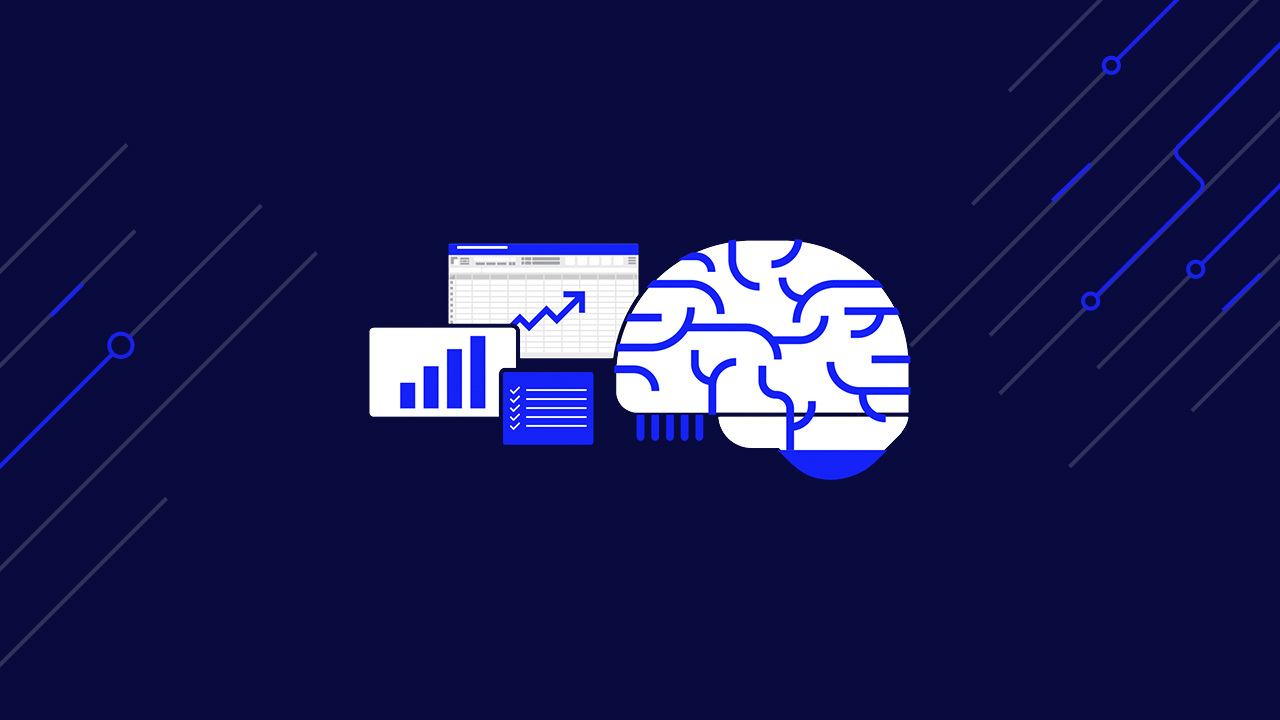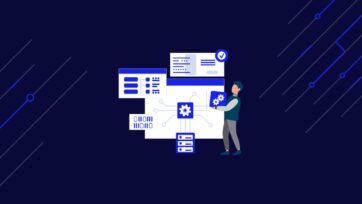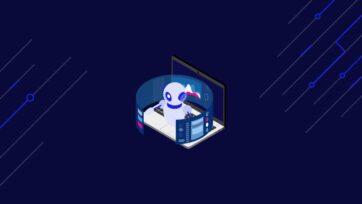AI is taking the world by storm, and for a good reason. According to public sources like Tech Jury, AI is able to analyze 1.145 trillion MB per day, which is impossible for humans to compete with manually. (Let alone make accurate decisions based on data findings in real-time.)
But before we get ahead of ourselves, it’s important to note that it will take years for machines to truly be able to make “undiscovered” predictions or decisions without being trained on current datasets.
So, What’s the Role of Web Scraping in Machine Learning?
As of now, we rely on machine learning models to analyze and make sense of old(er) datasets that are too large for humans to do manually.
In general, the ML process can be broken down into:
- Data collection
- Data prepping
- Choosing the right ML model (or building your own)
- Model training
- Model evaluation and improvements
- Implementation
Following these steps, you can train ML models to make decisions.
Within this process, collecting and preparing the data are two of the most time-consuming and, let’s be honest, tedious tasks to perform.
It’s at this stage where web scraping comes in handy.
Web scraping, in its simplest form, is the process of extracting publicly available online data in a – usually – structured format using automated systems. With a web scraper, you can collect, clean, and export massive amounts of data in the format of your choice.
But what’s the point is of scraping if there’s AI spitting out the information you need as you need it? Not all data is created equally.
To succeed in a competitive market, you don’t just need data. You need the right data. As we said, most ML solutions are trained on old datasets. So, for example, if you’re looking at using internal (existing) data to predict product demand in a new region, you cannot rely on this information alone. It might even be outdated, which will hurt future datasets. You’ll need to go one step further and scrape data from public forums, for instance. This will help you find new product ideas or identify opportunities based on community conversations.
What Type of Data Can You Scrape from the Web?
Here are a few examples of data you can extract from the public web to train future datasets.
- Stock market data to make decisions about pricing and take advantage of investments opportunities
- Real estate data to monitor housing prices, investment opportunities, and find increasing demand based on location
- Football data for sports analytics and patterns
- Open forums and online conversations to optimize natural language processing (NLP) models
- Twitter data and online media channels to analyze the situation during crisis events
- Job listing data to improve recruitment processes and data-driven decisions
- Images and visual data to train classification models
Machine Learning and Web Scraping are Inseparable
Web scraping isn’t the future of machine learning, but it’s the present.
As technology advances, we’ll be able to build more powerful and accurate tools that allow data scientists and engineers to build highly-efficient data pipelines. And the same is true about web scraping.
ScraperAPI, for example, uses years of statistical analysis to choose the right combination of headers and IPs and rotate them when needed to guarantee access to the target data. The same is used to bypass anti-scraping techniques like CAPTCHAs and user behavior analysis without needing any input from your end. The whole process is automated.
While machine learning and web scraping are different processes, they should be used together for the most accurate results. This way, web scrapers collect the necessary data to train ML models, and better ML models help web scrapers get more accurate data faster than before.
If you want to learn more about web scraping, our blog is full of in-depth projects you can replicate to learn basic and advanced techniques, or you can create a free ScraperAPI account and test our scraping APIs and tools in your next project.
Until next time, happy scraping!



